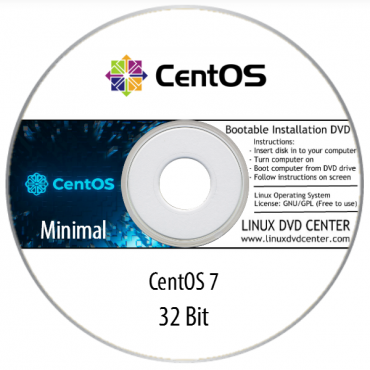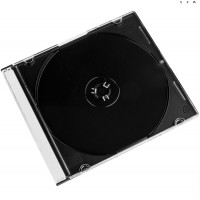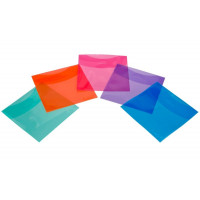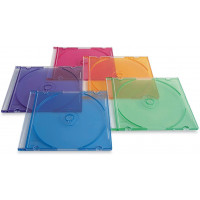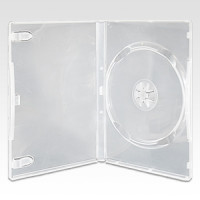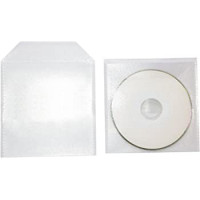CentOS 7 FULL is available only on USB
CentOS, from Community Enterprise Operating System is a Linux distribution that provides a free, community-supported computing platform functionally compatible with its upstream source, Red Hat Enterprise Linux (RHEL). In January 2014, CentOS announced the official joining with Red Hat while staying independent from RHEL,under a new CentOS governing board.
The first CentOS release in May 2004, numbered as CentOS version 2, was forked from RHEL version 2.1AS. Since version 7, CentOS officially supports only the x86-64 architecture, while older versions also supported the IA-32 architecture. As of December 2015, AltArch releases of CentOS 7 are available for the IA-32 architecture, Power ISA, and for the ARMv7hl and AArch64 variants of the ARM architecture. CentOS 8 was released on 24 September 2019.
History
CentOS originated as a build of CAOS Linux, an RPM-based Linux distribution started by Gregory Kurtzer in 2002. Infiscale described its GravityOS as "[including] the small footprint of Caos", indicating a certain level of influence from the discontinued distribution.
In June 2006, David Parsley, the primary developer of Tao Linux (another RHEL clone), announced the retirement of Tao Linux and its rolling into CentOS development. Tao users migrated to the CentOS release via yum update.
In July 2009, it was reported in an open letter on the CentOS Project web site that CentOS's founder, Lance Davis, had disappeared in 2008. Davis had ceased contribution to the project, but continued to hold the registration for the CentOS domain and PayPal account. In August 2009, the CentOS team reportedly made contact with Davis and obtained the centos.info and centos.org domains.
In July 2010, CentOS overtook Debian to become the most popular Linux distribution for web servers, with almost 30% of all Linux web servers using it. Debian retook the lead in January 2012.
In January 2014, Red Hat announced that it would sponsor the CentOS Project, "helping to establish a platform well-suited to the needs of open source developers that integrate technologies in and around the operating system". As a result of these changes, ownership of CentOS trademarks was transferred to Red Hat, which now employs most of the CentOS head developers; however, they work as part of Red Hat's Open Source and Standards team, which operates separately from the Red Hat Enterprise Linux team. A new CentOS governing board was also established.
On 8 December 2020, the CentOS Project announced that the distribution would be discontinued at the end of 2021 in order to focus on CentOS Stream. The community's response to this announcement was overwhelmingly negative. Soon thereafter, CentOS founder Gregory Kurtzer announced a new project to continue the original CentOS focus, which became known as Rocky Linux. CloudLinux created AlmaLinux to provide a community-supported successor to CentOS Linux, aiming for binary-compatibility with the current version of RHEL. A beta version of AlmaLinux was first released on February 1, 2021, and the first stable release of AlmaLinux was published on March 30, 2021.
Design
CentOS developers use Red Hat's source code to create a final product very similar to RHEL. Red Hat's branding and logos are changed because Red Hat does not allow them to be redistributed. CentOS is available free of charge. Technical support is primarily provided by the community via official mailing lists, web forums, and chat rooms. The project is affiliated with Red Hat but aspires to be more public, open, and inclusive. While Red Hat employs most of the CentOS head developers, the CentOS Project itself relies on donations from users and organizational sponsors.
CentOS 7 (64Bit)
- Brand: Linux DVD Center
- Product Code: B08P7WRSXB
- Availability: In Stock
-
€5.80
-
- 3 or more €5.20
- 5 or more €4.60
Available Options
Related Products
DVD coloured protective sleeves
Extremely space-saving and ideal for protection of CDs/DVDs without taking up as much space as regul..
€0.20
DVD slim case transparent colored
Super slim case to hold one DVD plus inlay eachAvailable in 5 assorted colors...
€1.50
DVD plastic case semi-transparent
Semi-transparent Plastic case to hold one DVD plus inlay each..
€1.60
DVD transparent protective sleeves
Extremely space-saving and ideal for protection of CDs/DVDs without taking up as much space as regul..
€0.10
* Special prices & discounts are available for business partners, resellers & retail stores! More info ....
License: GNU/GPL (Free to use or Redistribute)
Please Note: This software is free to download from the developers website. You are paying for the label design, disk manufacturing, printing and postage. It is ideal for those who do not have broadband and do not want to use data or for those who do not feel confident burning an ISO file to DVD. These programs are licensed under the terms of the GNU License, the GNU lesser Public License or the Mozilla Public License or are in the Public Domain.

